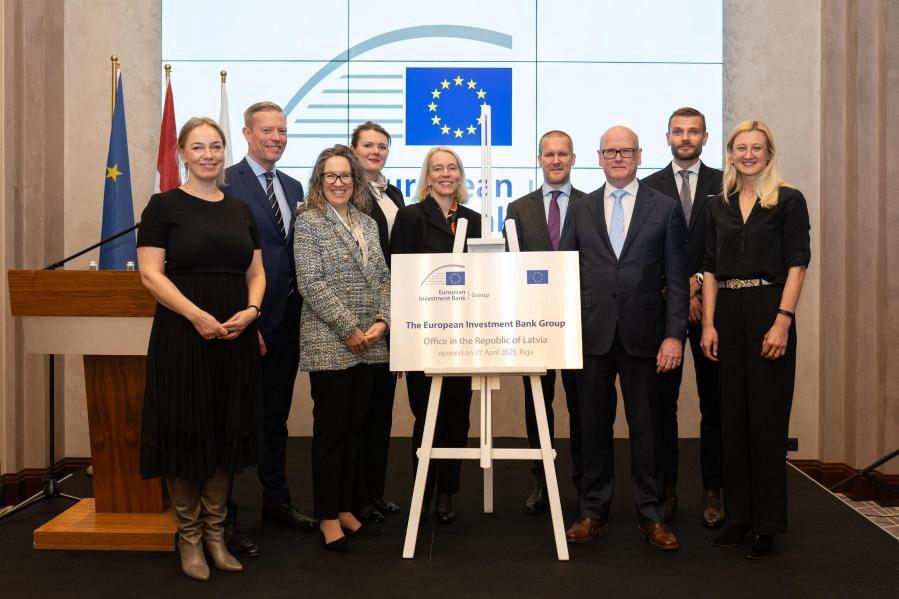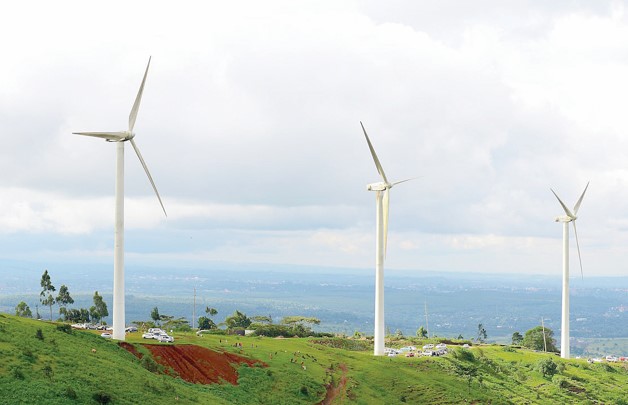Why US withdrawal from Paris Agreement is injustice against other countries - Group
A Non-profit Organization, Peace Point Development Foundation, Peace Point Development Foundation has described the United States of America’s withdrawal from the Paris Agreement as an injustice against other countries.
The Paris Agreement is a treaty on climate change adopted by 196 countries during the Climate Change Conference (COP21) in Paris, France, on 12 December 2015. It entered into force on 4 November 2016.
With increasing greenhouse gas emissions, climate change is occurring much faster than expected. Its devastating impacts include extreme and changing weather patterns and rising sea levels.
Fossil fuels, including coal, oil, and gas, are the major contributors to climate change, accounting for over 75 per cent of global greenhouse emissions and nearly 90 per cent of all carbon dioxide emissions.
The UN’s Intergovernmental Panel on Climate Change stipulates that temperature crossing the 1.5oC threshold risks unleashing more severe climate change impacts, including more frequent and severe droughts and rainfall, threatening food security.
To limit global warming to 1.5oC, greenhouse gas emissions must peak before 2025 at the latest and decline 43 per cent by 2030, according to the Paris Agreement.
Implementation of the Agreement requires economic and social transformation based on the best scientific practices, particularly investment in renewable energy.
The Paris Agreement reaffirms that developed countries should take the lead in providing financial assistance to vulnerable countries to combat climate change.
However, President Donald Trump withdrew the US, the second largest contributor to global climate change after China, from the Paris Agreement, a move the Peace Point Development Foundation said was an injustice to other countries.
At a meeting tagged COP29 debriefing held in Uyo, Akwa Ibom State on 27 March, the group, in a communique, criticised the US for withdrawing from the Paris Agreement after contributing to the global warming currently experienced by other countries, particularly developing countries.
COP29, held in Baku, Azerbaijan, in November 2024, centred on accelerating climate finance, equitable energy transitions, and adaptation frameworks. Some of the conference’s outcomes include the Climate Finance Agreement.
The debriefing was organised to assess COP29 outcomes and their implications for Nigeria’s policies and priorities, identify actionable steps to mobilise climate finances and encourage collaborations among government agencies, private sector actors, and civil societies to accelerate climate action.
As a nation affected by climate change, from flooding displacing millions to desertification threatening livelihoods, participants at the meeting resolved that Nigeria’s active engagement at COP29 reinforced its demand for fair financing, technology transfer, and inclusive climate governance.
Ahead of the COP30 scheduled for Brazil in November, participants at the meeting recommended policy linkages attended by state governments to align with previous COP meetings.
READ ALSO: ECOWAS Court dismisses sexual violence case against Nigeria
Participants urged the Akwa Ibom State Government to take climate change seriously as the state is located at the frontline of climate impact due to its boundary with the Atlantic Ocean.
“The $300 billion for climate finance funds is a shortfall of the 1.3 trillion dollars expected at COP 29,” the group said in its resolution
It further urged sub-nationals in Nigeria to domesticate climate change laws and make budgetary provisions for climate change response.









